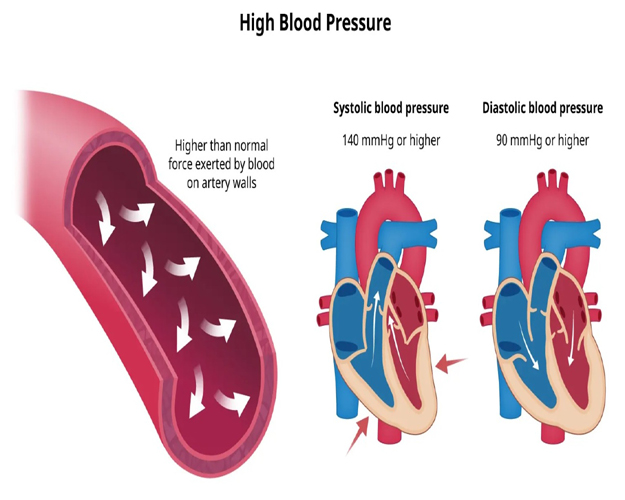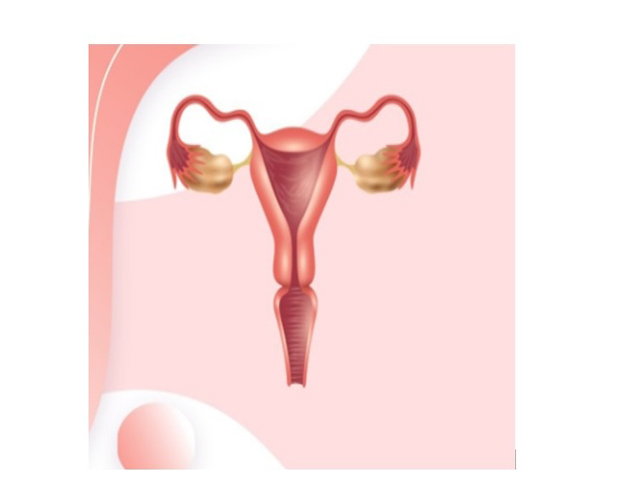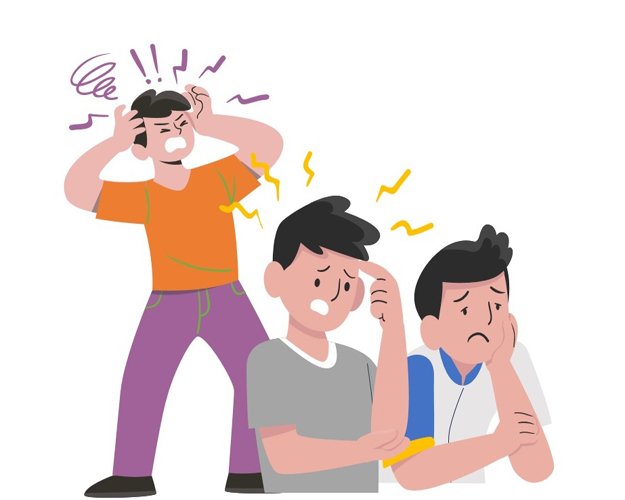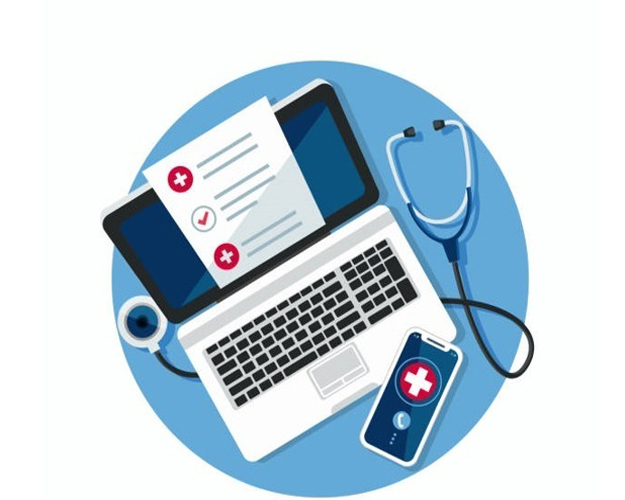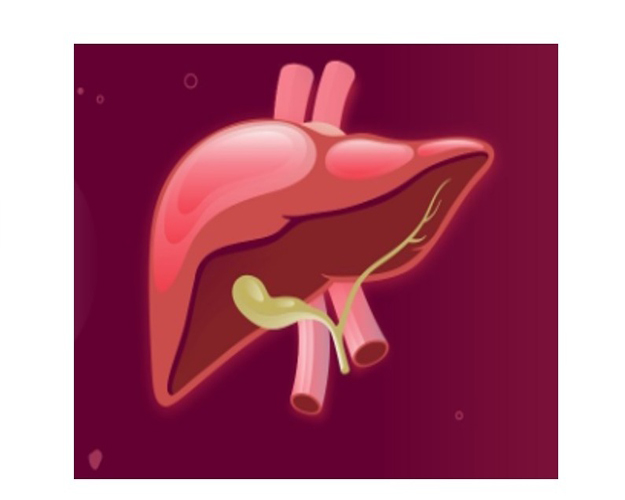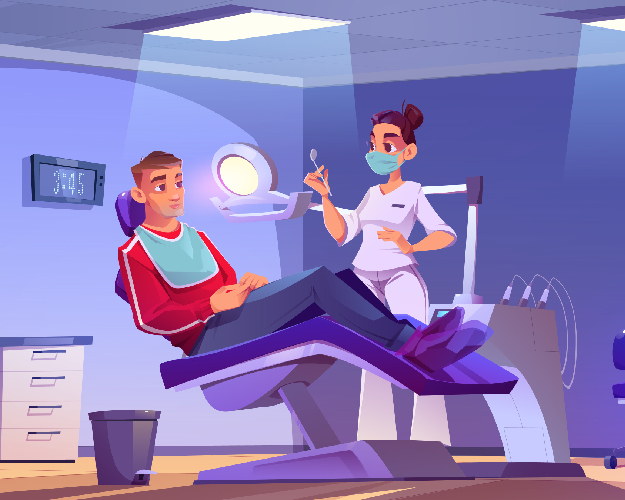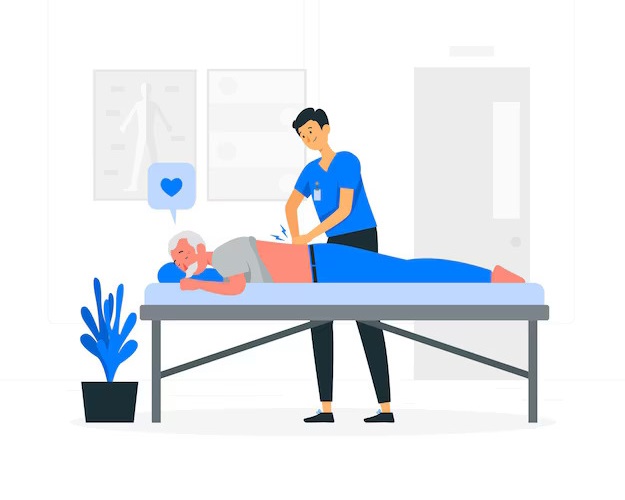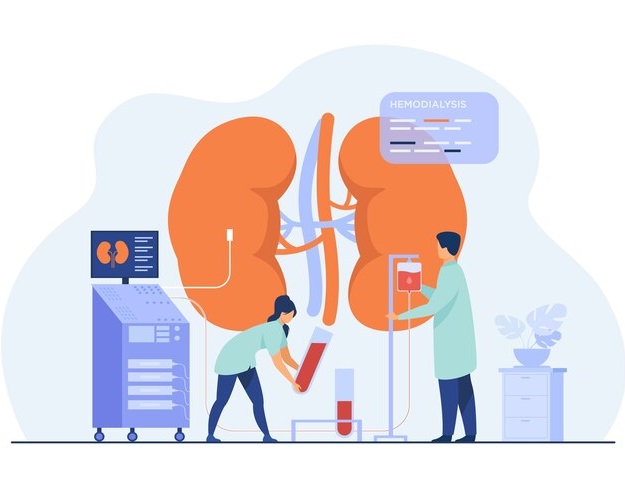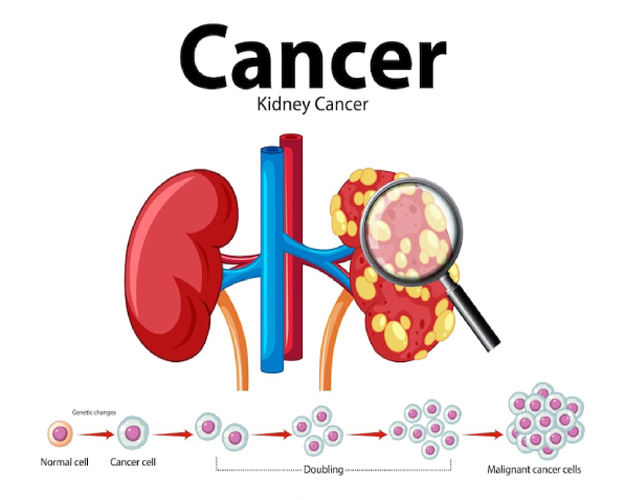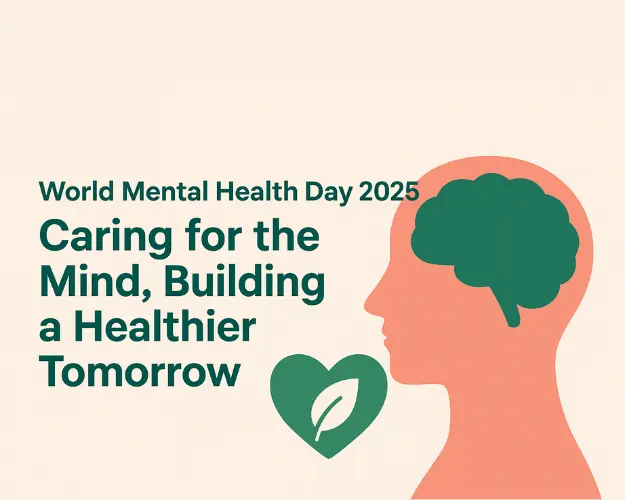
World Mental Health Day 2025: Caring for the Mind, Building a Healthier Tomorrow
World Mental Health Day 2025 highlights the urgent need for accessible mental health services during catastrophes and emergencies, with the official theme: “Access to Services – Mental Health in Catastrophes and Emergencies”. This article for ITM Hospital and Research Centre explores how mental health care becomes especially vital in times of crisis, why barriers to support must be addressed, and the role our healthcare facility plays in building resilience and recovery in the Gwalior region and beyond.
What Is World Mental Health Day?
World Mental Health Day is observed on October 10 every year, aiming to raise awareness and mobilize support for mental well-being globally. Established by the World Federation for Mental Health in 1992, this annual event builds community understanding and drives action to improve care for emotional and psychological challenges. Each year’s theme spotlights an urgent issue, focusing attention on vulnerable populations and promoting dialogue among healthcare providers, patients, and society.
2025 Theme: Mental Health in Catastrophes and Emergencies
This year’s theme, “Access to Services – Mental Health in Catastrophes and Emergencies,” underscores how crises—natural disasters, pandemics, war, or displacement—deeply impact psychological health. Emergencies often disrupt communities, cause trauma, and fracture social support systems. Emotional distress can escalate to anxiety, grief, sleep disturbances, depression, or even post-traumatic stress disorder (PTSD). Yet in these moments, access to mental health care becomes difficult just when it is most needed.
Why Is This Theme Critical?
1. One in five people affected by emergencies experience a serious mental health condition.
2. Vulnerable groups such as women, children, elderly and those with pre-existing mental conditions require immediate, tailored support.
3. Stigma, lack of trained staff, and disrupted infrastructure mean many suffer in silence or go untreated.
Impact of Catastrophes on Mental Health
During calamities, people face unique psychological stressors—loss of loved ones, homes, livelihoods, or safety. Psychological First Aid, counseling, and community support become crucial in mitigating long-term harm. For many, trauma and distress can persist long after the physical threat passes, affecting daily function, relationships, and recovery. Studies show nearly one-third of disaster-affected people may develop mental health complications requiring specialized care.
Barriers to Mental Health Services in Crises
1. Damaged health facilities and overwhelmed staff disrupt continuity of care.
2. Lack of awareness and cultural stigma stop many from seeking help.
3. Remote or underserved regions face shortages of skilled professionals and resources.
Prioritizing Mental Health During Emergencies
The 2025 campaign urges governments, hospitals, and humanitarian organizations to:
1. Make mental health care a priority alongside physical health during disaster response.
2. Train health workers, volunteers, and community agents in Psychological First Aid and trauma management.
3. Develop rapid response protocols for mental health emergencies, ensuring continuity through telemedicine and outreach (like Tele-MANAS).
4. Foster safe spaces and open conversations to break stigma and encourage timely support.
The Role of Hospitals and Health Systems
Healthcare facilities play a central role in:
1. Identifying and supporting at-risk individuals, such as children, elderly, and people with disabilities.
2. Providing integrated care—combining medical intervention, psychosocial support, and rehabilitation.
3. Collaborating with community leaders and NGOs to extend reach and build resilience.
Mental Health Care at ITM Hospital and Research Centre
At ITM Hospital, we are dedicated to:
1. Offering 24/7 counseling services, both in-person and through telemedicine, to individuals affected by crises in Gwalior and surrounding regions.
2. Training staff in Psychological First Aid and trauma management, ensuring compassionate response during disasters.
3. Running regular awareness programs (including seminars, workshops, and social media campaigns) to educate about mental health and available services.
4. Providing holistic support—from emergency medical aid to long-term rehabilitation—for patients experiencing mental health challenges.
Breaking the Stigma: Building a Supportive Community
Stigma around therapy and mental illness remains a formidable barrier in India. At ITM Hospital, efforts focus on:
1. Promoting open dialogue in families, schools, and workplaces.
2. Educating the public using bilingual resources (Hindi & English) tailored for Gwalior’s diverse community.
3. Providing culturally sensitive care that respects social dynamics and individual identities.
How to Seek Help During Emergencies
Anyone experiencing distress during a catastrophe can:
1. Reach out to ITM Hospital’s mental health helpline for crisis counseling.
2. Access emergency services at our hospital, where multidisciplinary teams provide both physical and psychological care.
3. Participate in community support groups and awareness drives facilitated by ITM Hospital and local organizations.
Caring for Caregivers
Constant exposure to trauma can also affect frontline responders and medical staff. ITM Hospital ensures:
1. Regular supervision, peer support, and mental health workshops for medical professionals.
2. Safe spaces and self-care protocols to maintain resilience and effectiveness in crisis situations.
Conclusion
World Mental Health Day 2025 reminds us that resilience in catastrophe is built not just on physical recovery but on emotional healing. ITM Hospital and Research Centre stands committed to providing accessible, timely, and compassionate mental health support for all—especially in moments of crisis. By strengthening services, breaking stigma, and uniting communities, every individual can find hope and strength, even in emergencies.

